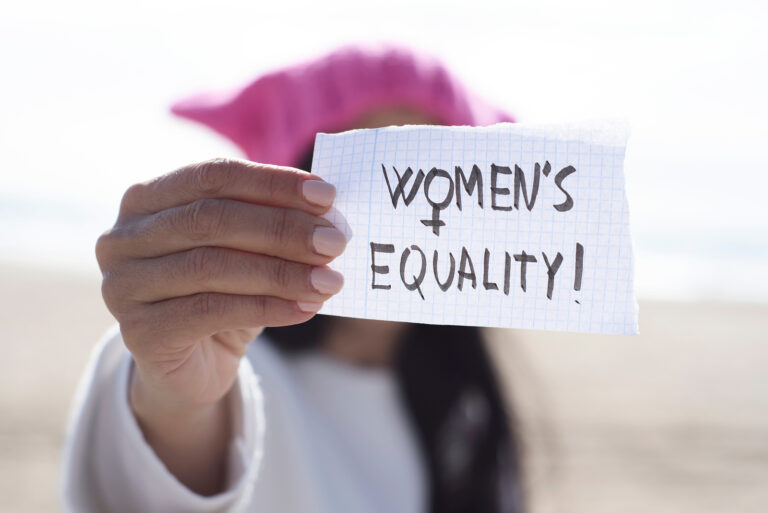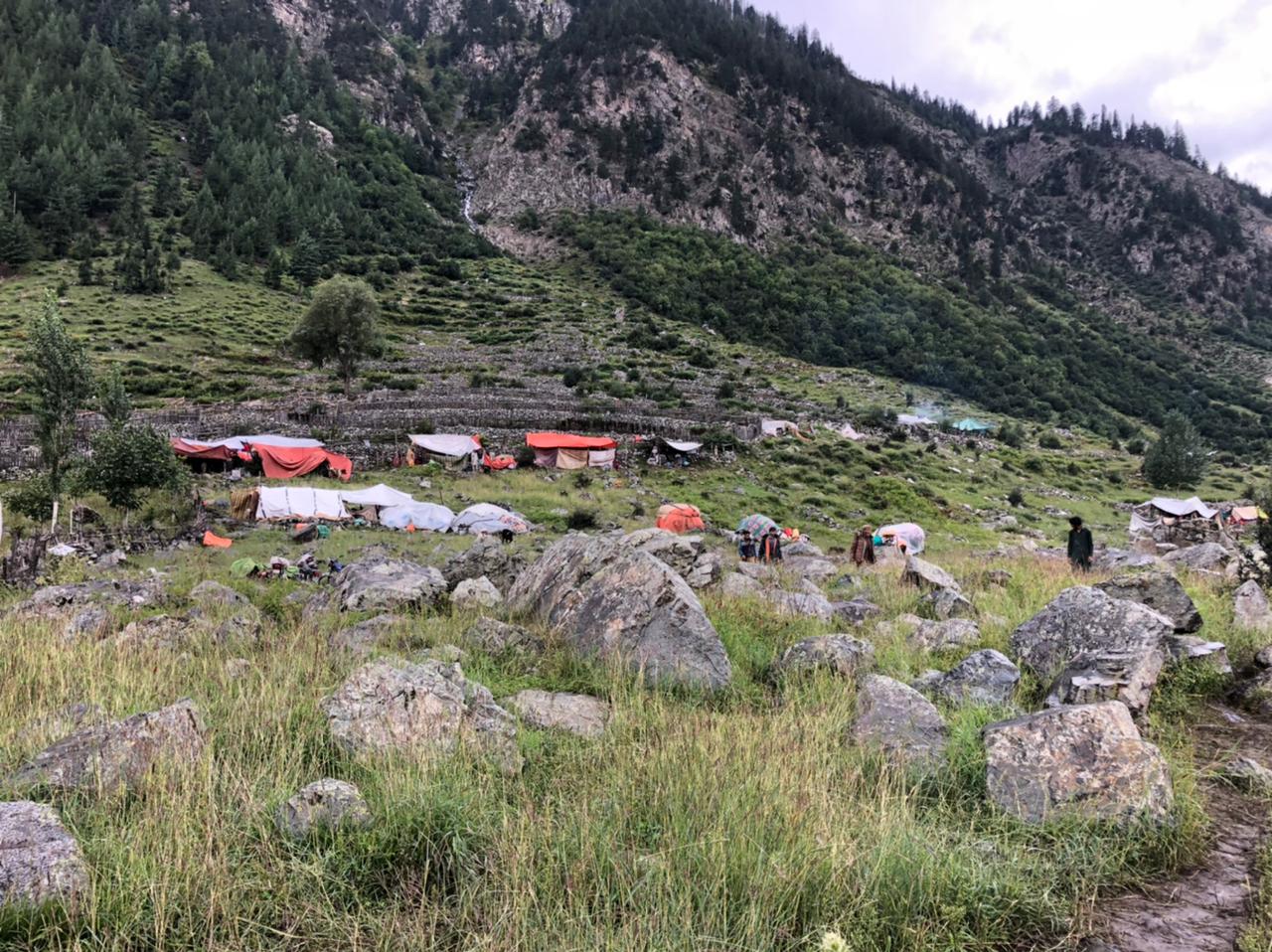
Fighting floods, patriarchy and child marriage in Pakistan
An estimated 1,325 people have died in Pakistan’s floods, including 466 children. These are girls and boys whose dreams were cut short by a changing climate and communities who are bearing the brunt of multiple intersecting crises. Erfaan Hussein Babak, human rights activist and director of Pakistani organisation, The Awakening, spoke to Empower to Plan Coordinator, Catriona Spaven-Donn, about the situation in the northern Khyber Pakhtunkhwa Province.
From his office in Saidu Sharif, the capital of the Swat region, Erfaan Hussein Babak is coordinating emergency relief efforts with a team of around 30 local staff. The day before we speak, they went in cars and motorbikes to the affected communities of Behrain and Madyan. At the point where the road conditions meant they could go no further, they walked for hours. Trekking up to villages left without access to food rations or medical supplies, the team conducted a rapid assessment of the impacts of the floods. They surveyed eight districts of the Swat region and counted over 3,500 damaged homes, with a further 1,000 completely washed away.
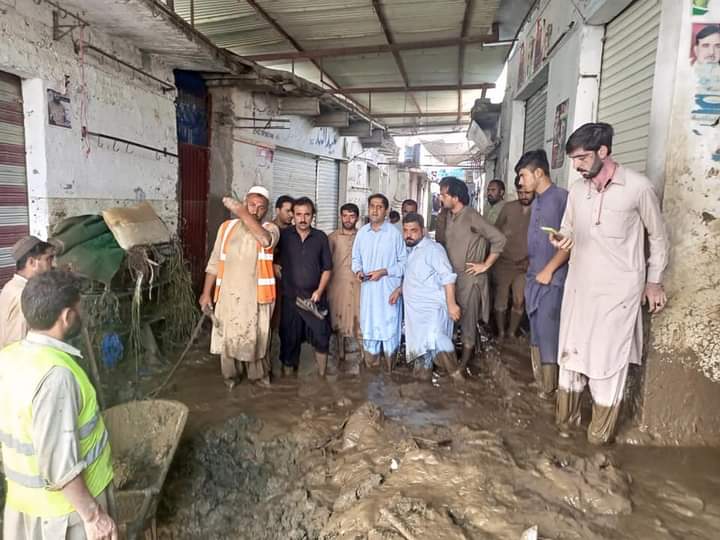
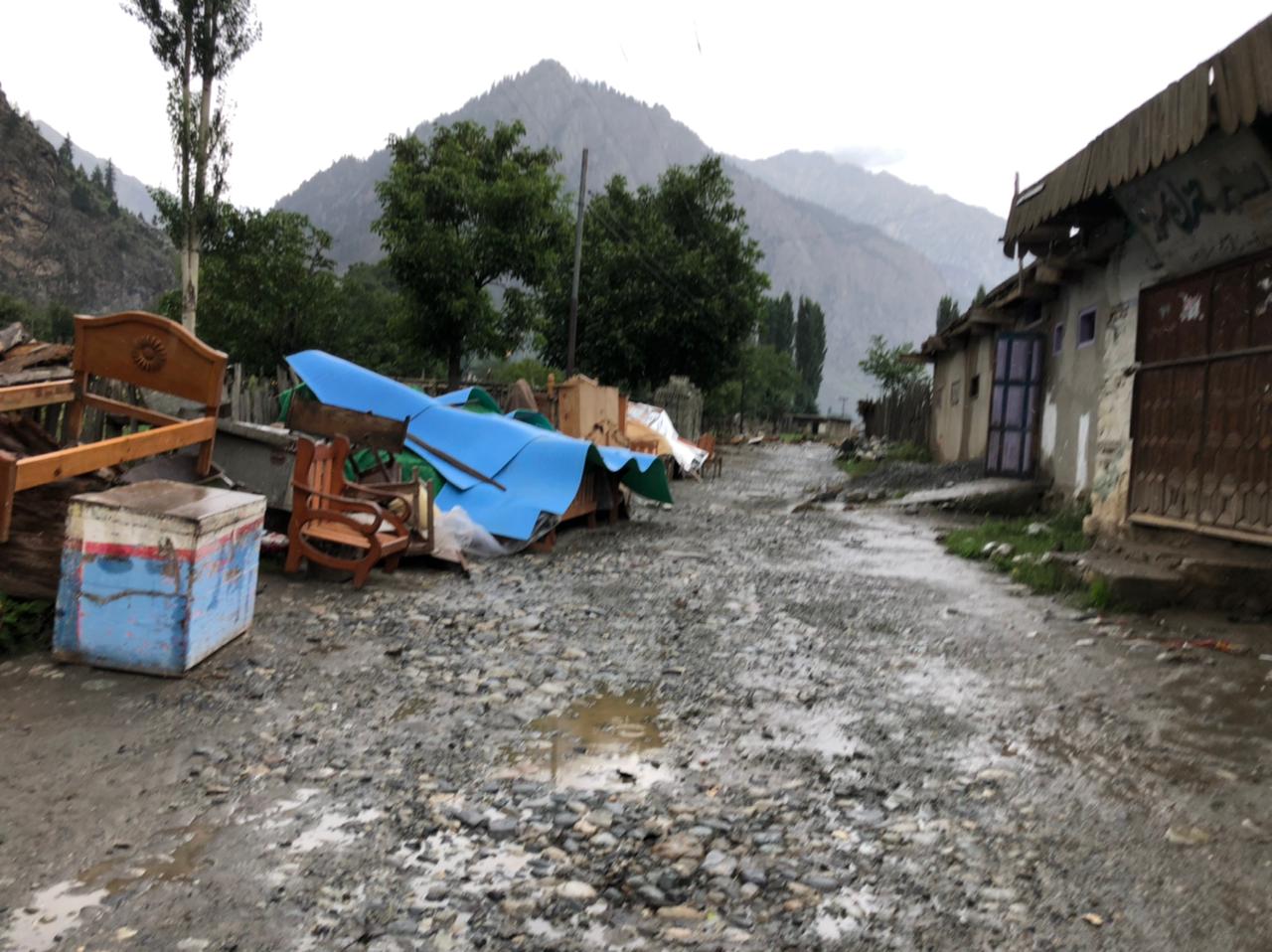
For Erfaan and his team, these are not just numbers. These are families whose livelihoods have been destroyed (they counted over 3,200 livestock deaths) and neighbours stranded in makeshift camps, such as in the nearby town of Badrashi, where schools were providing emergency housing for 123 families. As Erfaan recounts the ordeal, the pain he feels for his community’s suffering is clear. He is emotionally exhausted, but resigned to continue with both the emergency relief work and The Awakening’s normal programming.
“The real needs [are in] the mountains, where people have nothing to eat and are living under the sky. Their houses are gone. It is very cold. In October, the snow starts and they don’t know what they will do, they have nowhere to go… Relief operations are very difficult. The situation is challenging. In Pakistan, we are very affected by climate change and although we and other humanitarian organisations are adapting to that reality, it is challenging to conduct emergency relief work while also doing our advocacy work and main programming.”

However, Erfaan is no stranger to dealing with crisis. At the time of the Taliban insurgency in the Swat Valley in 2007, he used the same model of recruiting community members and providing emergency relief in local villages. Last month, there were Taliban incursions from Afghanistan into the Swat Valley. The Tehrik-e Taliban Pakistan (TTP), which fled to Afghanistan in 2014 after years of horrific violence in the region, has now reappeared in the mountainous areas of Swat and Dir. The community, however, has staged protests against the group and expressed deep concern about the possible return of militancy. Erfaan is heartened that people have responded collectively against the militants.
A central part of The Awakening’s programmes includes engaging religious leaders on human rights and gender equality:
“Working on human rights in this strict patriarchal Pashtun society is a constant challenge… but, after our trainings with the Council of Islamic Ideology, we have seen successes. Moderate religious leaders educate the less moderate ones on the fact that matters relating to women’s bodies are health and medical issues, not religious issues.”
Now part of Forum-Asia’s Human Rights Defenders Programme, Erfaan and his five-person team are striving to empower vulnerable and disenfranchised women, girls and boys in rural areas of Pakistan by building feminist leadership, advancing women’s human rights and advocating for gender and social justice.
They run girls’ and boys’ groups across the region, engaging young people on sexual and reproductive health, including contraceptive use. They aim to tackle the taboo around family planning and demystify the myths and stigmas around abortion and women’s bodily autonomy. As a new Empower to Plan partner, we will soon be inviting Population Matters members and supporters to donate to their programmes, including empowering girls as agents of change and organising trainings for boys, community elders and religious leaders on the prevention of gender-based violence and child marriage.
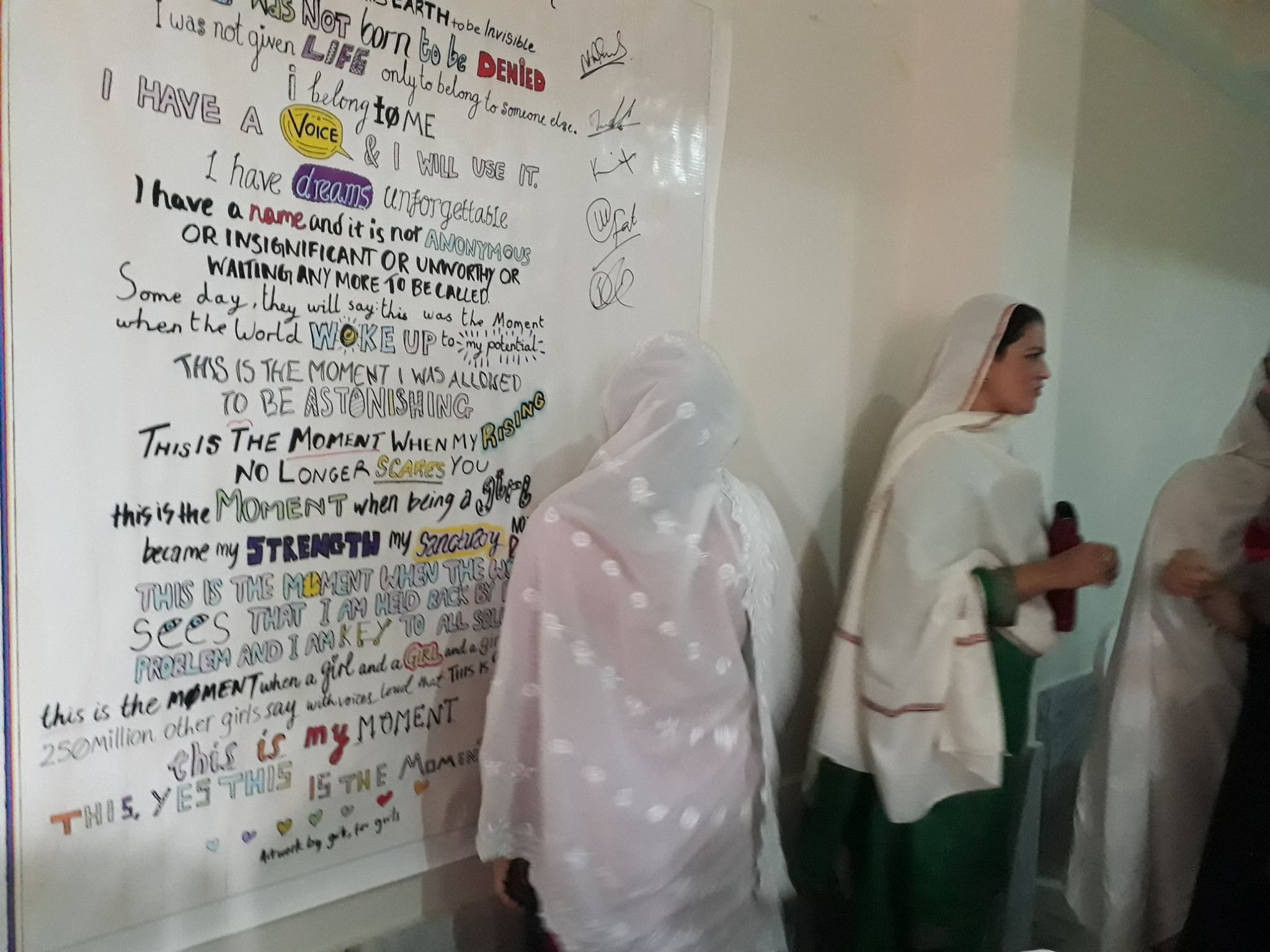
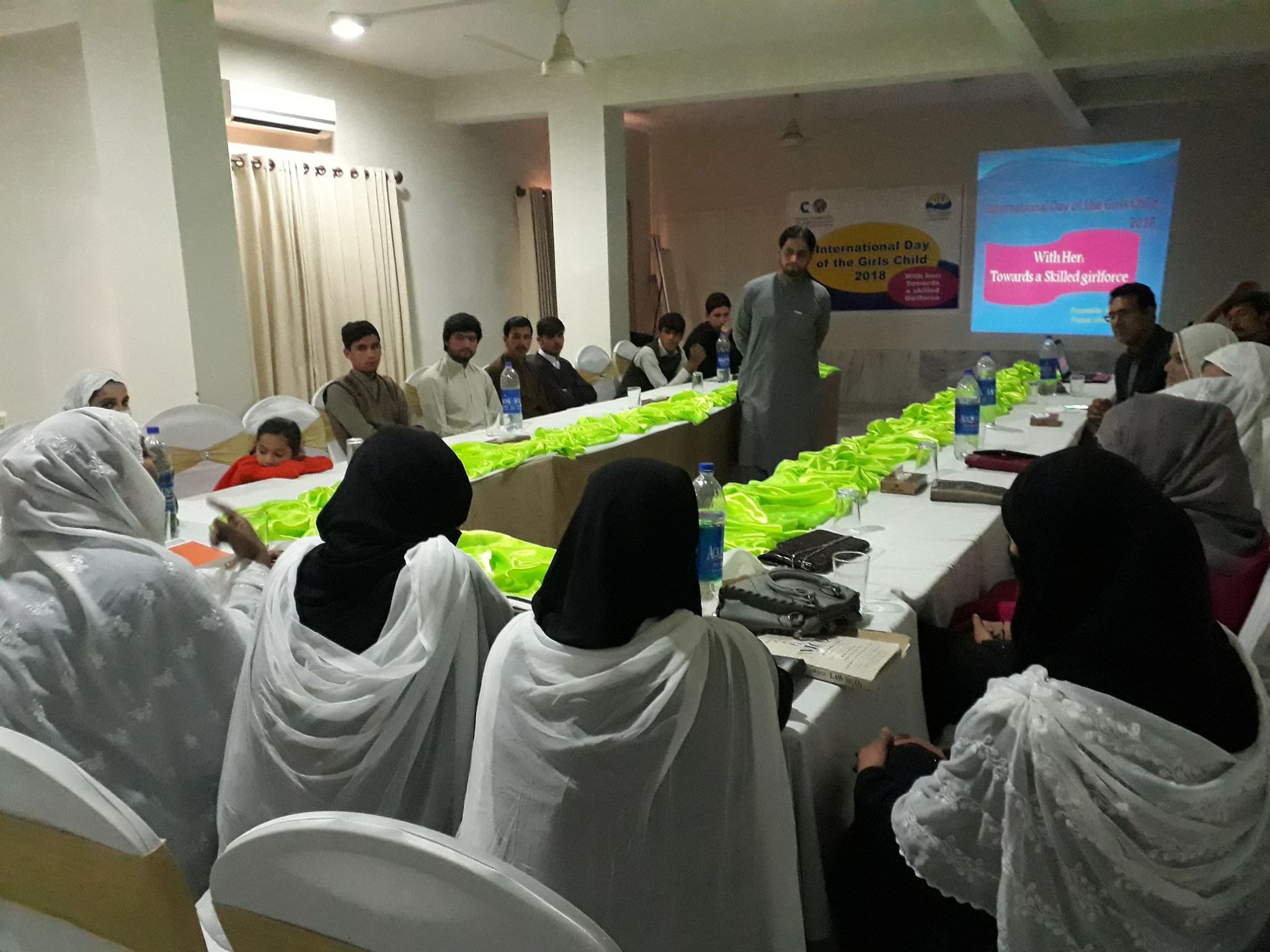
The Awakening reports that almost 70% of girls in Swat get married before they turn 18. The average family size in rural areas is 6-7 children, with women having a systemic lack of decision-making power around childbearing. The organisation also recognises that this leads to unsafe abortions, which in turn increases maternal mortality rates. As Erfaan comments:
“with the increase in population, the health sector is overburdened… and [this] leads to severe reproductive health complications for women.”
Later this year, The Awakening will lead activities to mark the 16 Days of Activism against Gender-Based Violence. Like Malala Yousafzai, perhaps the Swat Valley’s most famous advocate for gender equality, activists like Erfaan and his niece, Hadiqa Bashir, are at the forefront of fighting patriarchy in northern Pakistan. Hadiqa, UN Youth Leader and founder of Girls United for Human Rights, says:
“I’m working against early and forced marriages in Pakistan’s tribal regions. I work to sensitise the community to the negative effects that child marriages have on children’s mental and physical health by canvassing and lobbying legislators and religious leaders against child marriages.”
With their partner organisation, the Mashal Girls’ Foundation, The Awakening will continue to address the intersecting challenges of climate change, gender-based violence, gender equality and social justice.
Please support The Awakening’s urgent and important work through our Empower to Plan partnership: you can donate here.

